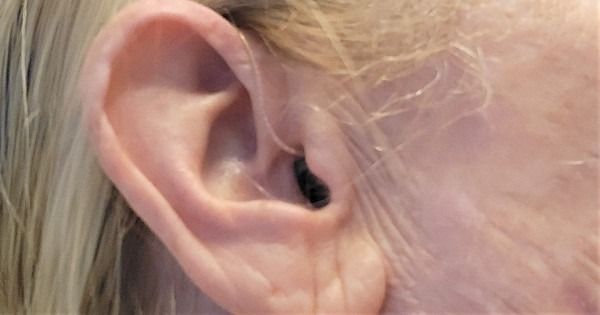Living with pulsatile tinnitus involves not just physical challenges but also emotional and social complexities. This blog post delves into the pivotal role of support systems and community in the management of pulsatile tinnitus. It explores the social impacts of the condition, the significance of support groups and online communities, and the importance of seeking professional mental health support.
Navigating Social Impacts: Relationships and Communication
Pulsatile tinnitus can significantly impact social life and relationships, leading to frustration and stress. This constant noise may strain interactions with family, friends, and colleagues. Open communication about the condition is crucial to fostering empathy and support from loved ones. Adjustments to social activities, such as choosing quieter venues, can make participation easier. Recognizing personal limits and communicating them helps prevent feelings of overwhelm and isolation, emphasizing the key role of a supportive social environment in managing the emotional aspects of tinnitus.
Support Groups and Online Communities: Sharing and Learning
Support groups and online communities play a vital role in managing pulsatile tinnitus. These platforms provide a space for individuals to share experiences, tips, and coping strategies. Engaging with others who understand the challenges of living with tinnitus can be comforting and reduce feelings of isolation. Online forums and social media groups dedicated to pulsatile tinnitus serve as accessible platforms for global connections, offering valuable resources for learning about new treatments, clinical trials, and research. Participating in these groups encourages the exchange of information and provides emotional support, contributing significantly to managing the condition.
QUIZ - CURRENT RESEARCH ON HEARING LOSS
Professional Help: When to Consult a Mental Health Expert
Considering professional mental health support is crucial for individuals dealing with pulsatile tinnitus. The constant and intrusive nature of tinnitus can lead to anxiety, depression, and other mental health issues. Mental health professionals, such as psychologists or psychiatrists, can provide coping strategies to manage these challenges. Therapies like Cognitive Behavioral Therapy (CBT) have proven effective in addressing the emotional impact of pulsatile tinnitus. Seeking professional help is a proactive step in ensuring that the mental and emotional aspects of tinnitus are addressed.
FAQ Section
Q1: How does pulsatile tinnitus affect social relationships?
A1: Pulsatile tinnitus can strain social relationships due to the stress and frustration it causes. Open communication about the condition is essential to foster understanding and support from others.
Q2: What role do support groups play in tinnitus management?
A2: Support groups provide a platform for individuals with tinnitus to connect, share experiences, and learn from each other. These groups offer emotional support and valuable information about managing the condition.
Q3: When should someone with tinnitus seek professional mental health support?
A3: Professional mental health support should be sought if tinnitus leads to anxiety, depression, or significantly impacts daily life.
Q4: Can lifestyle adjustments help in managing tinnitus?
A4: Yes, lifestyle adjustments such as choosing quieter environments for socializing and communicating limits can help in managing tinnitus.
Practical Tips and Tricks
- Open Communication: Be open about your condition with family and friends to foster understanding and support.
- Seek Supportive Environments: Choose social settings that are comfortable and less likely to exacerbate your tinnitus.
- Join Online Communities: Engage with online forums and social media groups dedicated to tinnitus for support and information.
- Practice Stress Management: Incorporate relaxation techniques and stress management exercises into your daily routine.
- Stay Informed: Keep up-to-date with the latest research and treatment options for tinnitus.

Addressing Pulsatile Tinnitus in Seniors: Treatment Considerations and Insights








